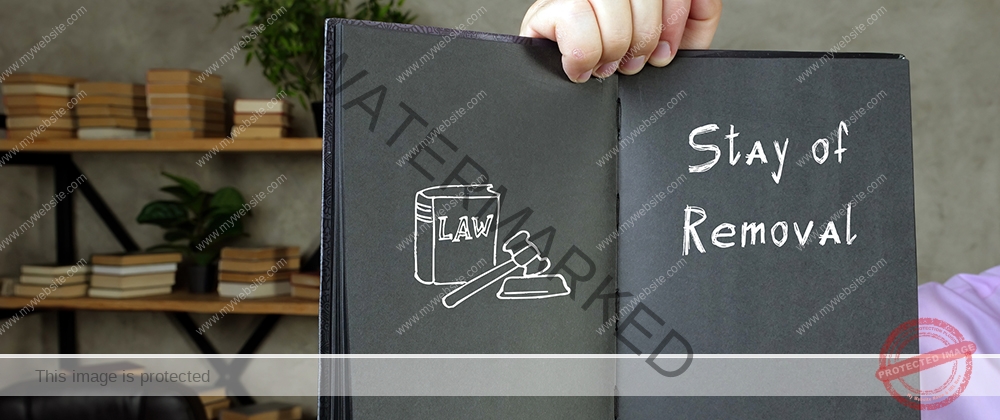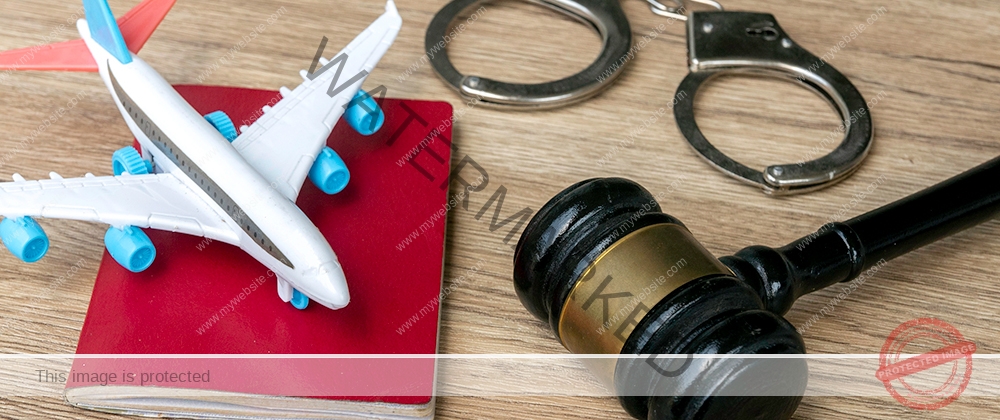Legal Help for a Detained Immigrant
Because of the lengthy backlog of cases in the U.S. immigration courts, some people wait for several years before their cases are heard. This can be a real problem for a detained immigrant whose court date won’t occur for the foreseeable future. While some immigration courts in the past have followed a rule that a detained immigrant is entitled to bond hearings after being detained for six months, the U.S. Supreme Court recently issued a pair of decisions that found that they are not entitled to bond hearings under federal immigration law. If your loved one is currently detained as an immigrant while waiting for an asylum or removal hearing, you should speak to a New York immigration attorney at Pozo Goldstein as soon as possible.
Supreme Court Decisions
On June 13, the U.S. Supreme Court issued decisions in a pair of cases that will likely impact thousands of immigrants who are detained in immigration facilities across the U.S. The court also ruled that adetained immigrant does not have the right to file class-action lawsuits to seek relief on behalf of detainees and must instead pursue their cases individually when they are seeking bond hearings. In the decisions, the court also ruled that immigrants can only have bond hearings if and when the government decides to grant them.
The plaintiffs in both cases argued that immigrants who were held in detention for more than six months were entitled to bond hearings at which the government had the burden of proof to show why continued detention was necessary. The cases were based on language contained in a 1996 immigration statute that used the word “may” when discussing whether the government could hold immigrants in prolonged detention. The plaintiffs argued that since Congress used the word “may”, that implicitly meant that immigrants were entitled to bond hearings.
One of the two cases was brought as a class-action lawsuit. The U.S. Court of Appeals for the Ninth Circuit held in 2020 that the statute entitled immigrants to bond hearings after they had been held for six months, and the ruling was applied to the entire class of plaintiffs. However, the Supreme Court reversed that decision and found that they are not entitled to bond hearings and can’t receive relief as a class.
People who are held in immigration detention centers frequently are kept for lengthy periods. Because of the backlog, people might wait for years before their cases come up on the immigration court dockets. Without the right to a bond hearing, some immigrants might languish inside detention centers for months or years before they have their cases decided.
Undocumented immigrants are also not entitled to an attorney in immigration proceedings. This means that the immigration court can’t appoint an attorney to represent people who are poor unlike in the criminal justice system. Since immigrants will be forced to pursue individual bond hearings in the future, it will be difficult for many immigrants to pursue bond claims on either constitutional or statutory grounds.
Immigration detention centers are also notoriously unsafe. Many people held in immigration detention have not committed crimes and would not pose a danger to the public if they were released. Despite this, some remain detained indefinitely while they wait for their cases to be heard.
Immigration advocates argue that the court’s ruling will allow for indefinite detention, a concept that goes against the U.S. Constitution’s guarantee of due process rights. The cases were decided based on the statute rather than on the constitutionality of indefinite detention without the right to bond hearings, so people can still file cases to argue for bond under either the statute or on constitutional grounds. However, they will need to either file their claims pro se or get the help of an attorney.
Get Help from the Immigration Attorneys at Pozo Goldstein
If your loved one is currently detained in an immigration center, you should speak to one of the experienced immigration attorneys at Pozo Goldstein. Our legal team is comprised of a former judge and former immigration prosecutors, and we understand the types of arguments that have a better chance of prevailing. Call us today to schedule a consultation at (212) 201-9031.




